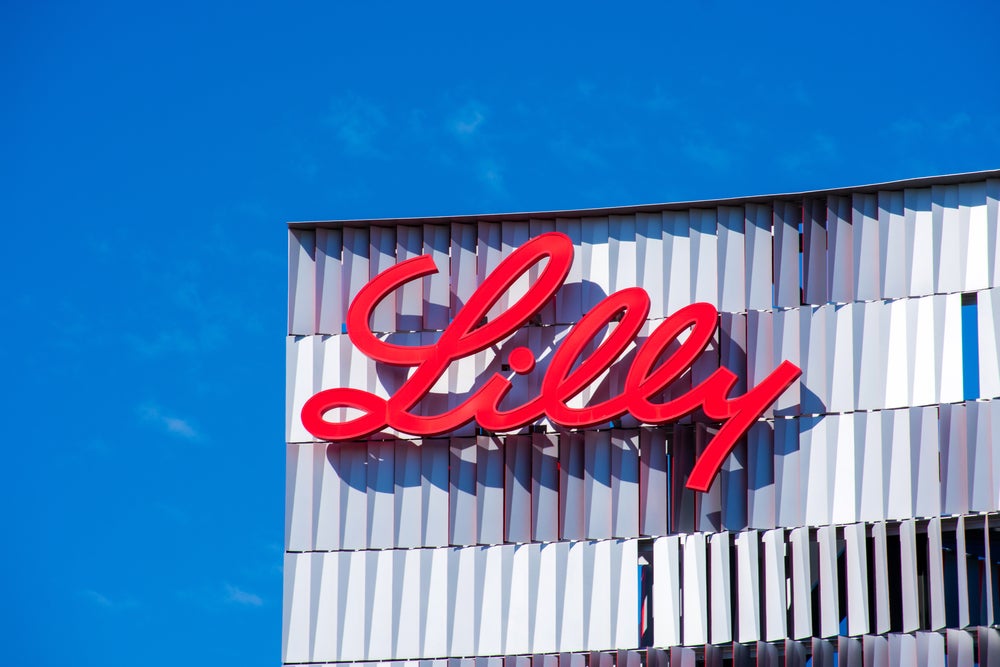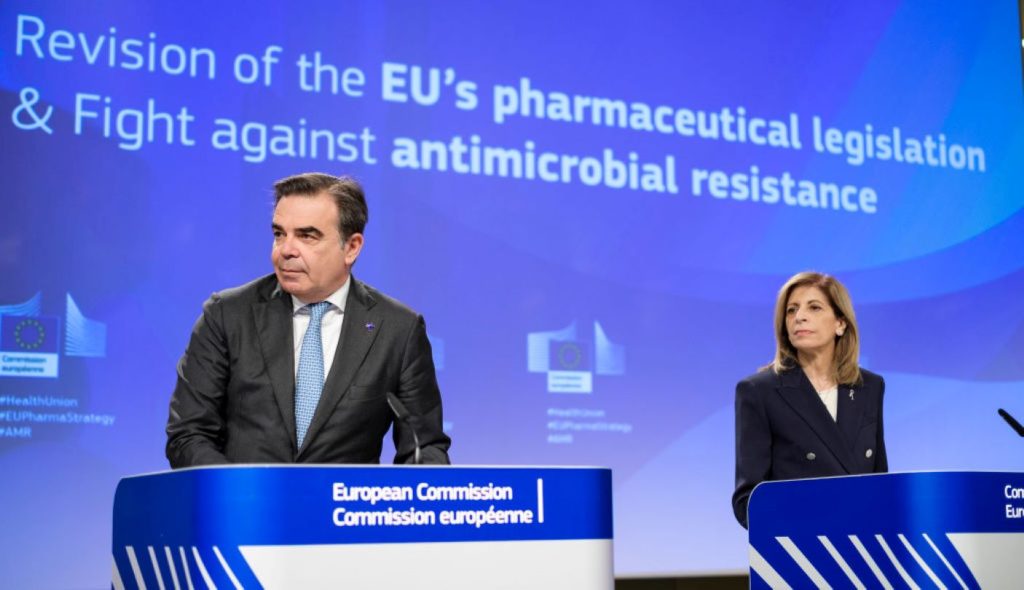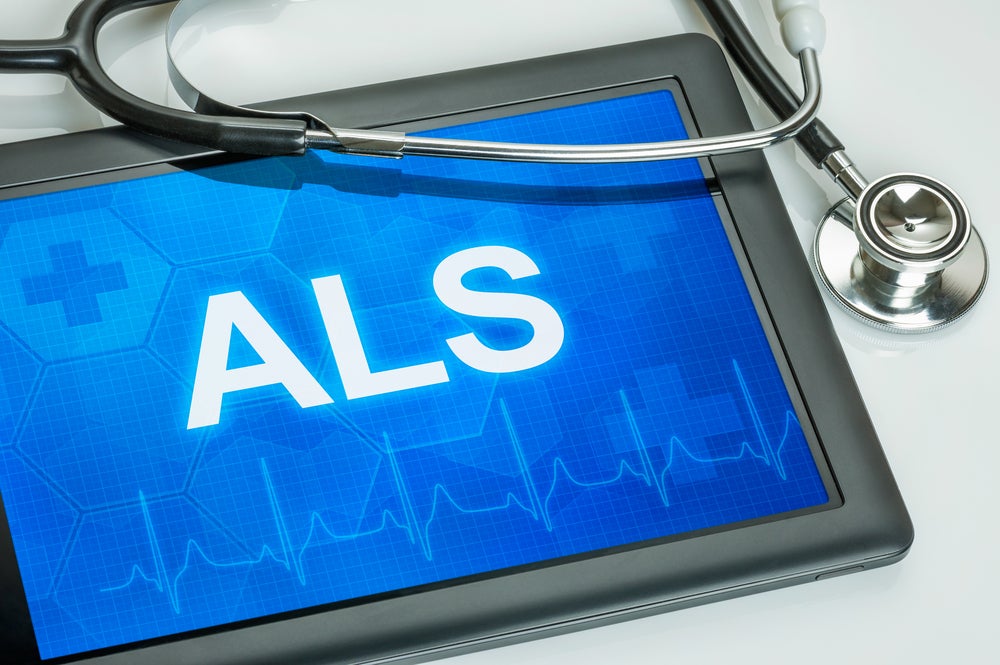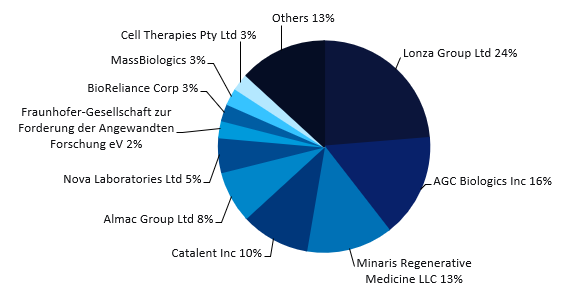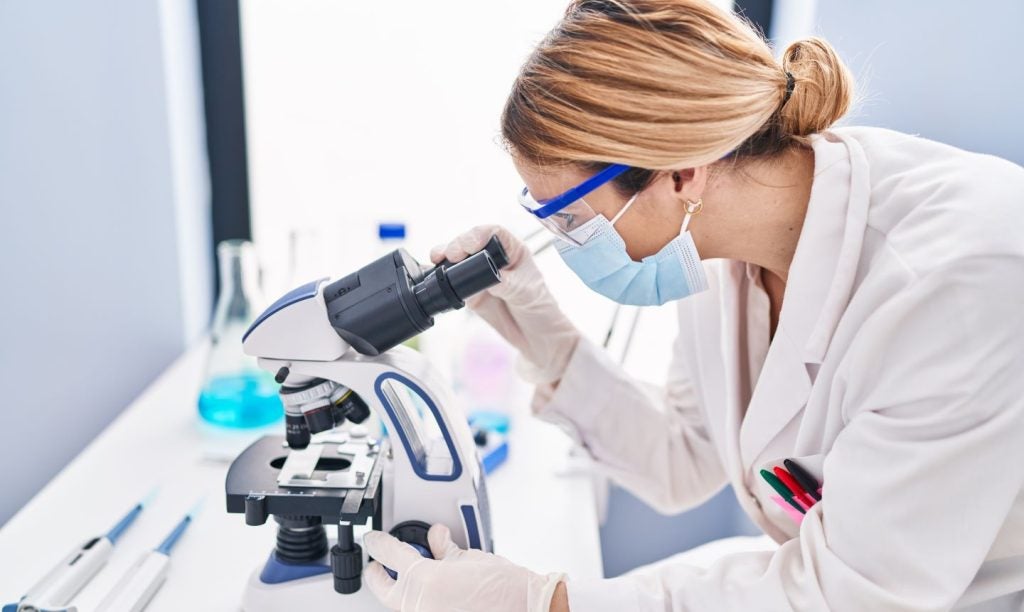Eli Lilly is building on its small drug molecule portfolio with a partnership with Prism Biolab to develop and commercialise small molecules that modulate targets picked by Lilly.
As part of the agreement, Prism will receive upfront payments and up to $660m based on preclinical, clinical, and commercial development milestone payments, along with royalty payments. This alliance will utilise Prism’s PepMetics technology platform to discover oral protein-protein interaction (PPI) targets.
Lilly has made several moves in the last couple of years to develop small-drug molecules. Earlier this month, the company was one of the investors in Alto Neuroscience’s $45m Series C financing round, which will support Alto’s clinical programme of four small-molecule CNS candidates to treat psychiatric disorders including depression and post-traumatic stress disorder.
Alto is expecting positive topline data from Phase II studies investigating two of the molecules, ALTO-100 and ALTO-300, in H2 2024 and H1 2025, respectively.
In December 2022, Lilly signed a partnership with Tokyo-based Sosei for the development of small molecules that modulate new G protein-coupled receptor (GPCR) targets linked to diabetes and metabolic diseases.
Lilly has a number of its own small molecules in development. One of them the selective estrogen receptor degrader (SERD) LY-3484356 (imlunestrant tosylate), is being studied for the treatment of estrogen receptor-positive and HER2-negative metastatic breast cancer, breast cancer and endometrial cancer, in six Phase III trials. The revenue for LY-3484356 is expected to reach an annual total of $112m by 2034 in the US based on GlobalData’s expiry model.
GlobalData is the parent company of Pharmaceutical Technology.
In the announcement accompanying the partnership, Prism president and chief executive officer Dai Takehara said: “Our PepMetics technology holds promise to change the current paradigm in drug discovery by turning previously undruggable PPIs into targets readily druggable with small molecules.”
Eli Lilly has taken several hits this year having received three complete response letters (CRL) from the FDA, and reporting a net loss of $57.4m in Q3 2023. The most recent CRL pertained to Lilly’s lebrikizumab for atopic dermatitis or eczema while the prior two letters dealt with Omvoh (mirikizumab) and donanemab.


